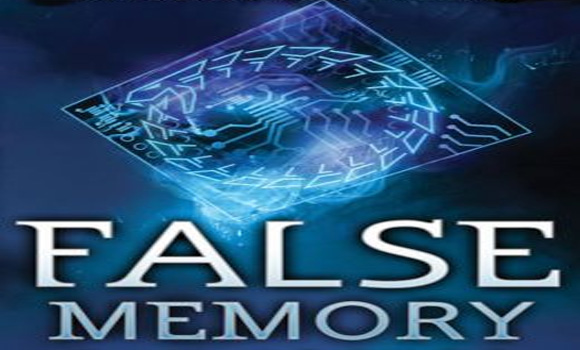The Daily Beast
Is it possible to create false memories? Many may wonder this, partly because of the accusations of abuse made by Dylan Farrow against Woody Allen. Of course, I cannot speak to the truth of these accusations. What I can do, however, is provide some background on how and why researchers like me give people memories for events that never happened. And in truth, it is a shockingly easy thing to do.
In the real world false memories can result from well-meaning investigators asking leading questions, from therapists trying to uncover hidden truths, and yes, from distraught parents engaged in acrimonious divorce proceedings. But just because false memories are possible in all of these circumstances (and many other, more everyday situations), it doesn’t mean that a particular memory that exists in any of these circumstances is necessarily false.
It’s important to point out that a false memory is different from a lie. Liars know what really happened, but claim something different. People with false memories honestly believe what they’re saying—there is no intent to deceive. They’re just wrong about what actually happened, for predictable reasons. Memory does not passively record our lives and then allow us to look up this information later, even if that’s often how it feels. Instead, remembering is a process of revising and reinterpreting the past. Because of this, we are all susceptible to outside influences that can corrupt our existing memories and even produce entirely false memories.
In the last 20 years or so research psychologists have given people false memories for a variety of events, using several different techniques. The first formal studies, in the 1990s, used information provided by the undergraduate subjects’ families and interviews to give subjects false memories for childhood events like being lost in a shopping mall, being rescued by a lifeguard, and being attacked by a vicious animal. The fact that the information supposedly came from the subjects’ own families, and the context of a formal research study, gave the information credibility, and many of the subjects believed that they had experienced these false events. And this was in spite of the fact that the family members had told the researchers explicitly that these events had not happened.
Kids end up falsely remembering that the visitor touched their tummies or got a class toy dirty.
The point of this research is of course to model events that happen in the wider world. Back in the 1980s and 1990s there was a rash of accusations of horrible sexual victimization. Sexual abuse is of course a very real problem, with tens of thousands of real victims every year. But some of these accusations were different, involving implausible acts of satanic ritual abuse (for which there was never any physical evidence). Some people claimed to have forgotten the abuse for years or even decades before suddenly and clearly remembering being victimized. Because this pattern doesn’t match how memory normally works, researchers sought alternate explanations for these new and bizarre memories in the lab. In particular, researchers modeled techniques that had been used by some therapists to help their clients “recover” supposedly buried memories of abuse, including hypnosis, dream interpretation, and imagination exercises. Subjects in these studies falsely remembered injuring themselves by breaking windows, being lost, kissing frogs, proposing marriage to vending machines, and experiences for which real memories are physically impossible, like events in the first few days of life and even past lives.
Researchers have also used doctored photographs, supposedly computer-generated feedback, mock news, mock advertisements, and mock group therapy to give people false memories for events as diverse as getting sick after eating a specific kind of food to going on a hot air balloon ride to witnessing demonic possession. In my own research I have given people false memories for emotional events like being hospitalized, causing or receiving a black eye, and witnessing a physically violent fight between one’s parents.
Other researchers give false memories to younger subjects, including preschoolers. In some of these studies, children really experience a particular event, like a visit to their school from an interesting stranger, and then are interviewed about it later. Again, this research is modeled on a real world situation—this time a large number of strange allegations of sexual abuse made by young children against their caregivers in several high-profile preschool abuse scandals in the 1980s. In the lab, researchers make false suggestions about what happened during the event. Children’s memories are then likely to conform to the researchers’ suggestions in future interviews (leading questions of this type can also affect adults’ memories). For example, kids end up falsely remembering that the visitor touched their tummies or got a class toy dirty. In other studies, kids are asked to imagine certain events happening, like getting their hand caught in a mousetrap or falling off a tricycle, and later they are likely to believe that they actually experienced the false events. To be sure, this is not about the specifics of the Dylan Farrow case.
Researchers like me also spend a lot of time trying to figure out ways that we might be able to identify false memories out in the real world. That is, once someone has a memory, can we tell whether it is a true memory or a false memory? The short answer is, unfortunately, no.
We have tried comparing known true and false memories in a variety of ways and on a variety of factors. So far, we’ve found that false memories, like true memories, can be detailed, confidently held, consequential, emotional, and long-lived. So, just because a particular memory has any or all of these characteristics, that doesn’t mean it is necessarily a true memory. We have also tried to find people who are more or less likely to form false memories. The broad conclusion from this research is that no one is immune to false memories. Indeed, we all have many of them.


